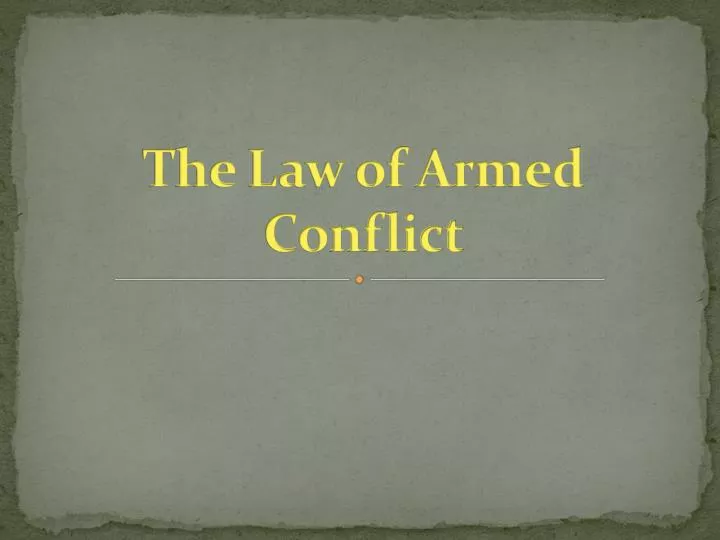
We also find that armed conflicts have more impact among the non-educated population than among the educated. Odds ratio for BCG and DPT1 is 0.55 and 0.52 respectively. We find a large negative effect of conflict events on the likelihood of vaccination if an armed conflict occurs within 10 km from where a child resides, the odds that child receives any vaccination are 47.2% lower. We use two datasets: the Nigeria Demographic and Health Survey (DHS) for vaccinations and the Uppsala Conflict Data Program (UCDP) Georeferenced Event Dataset (UCDP GED) for armed-conflict events.

Methodsīy matching children’s birth months and the months of armed conflict, we evaluate the effect of armed conflict on the vaccination rate of children. This paper evaluates the causal effect of the Boko Haram insurgency in northeastern Nigeria on the vaccination rate.

Armed conflicts can have severe adverse effects on population health, both directly and indirectly, through the destruction of health care systems.


 0 kommentar(er)
0 kommentar(er)
